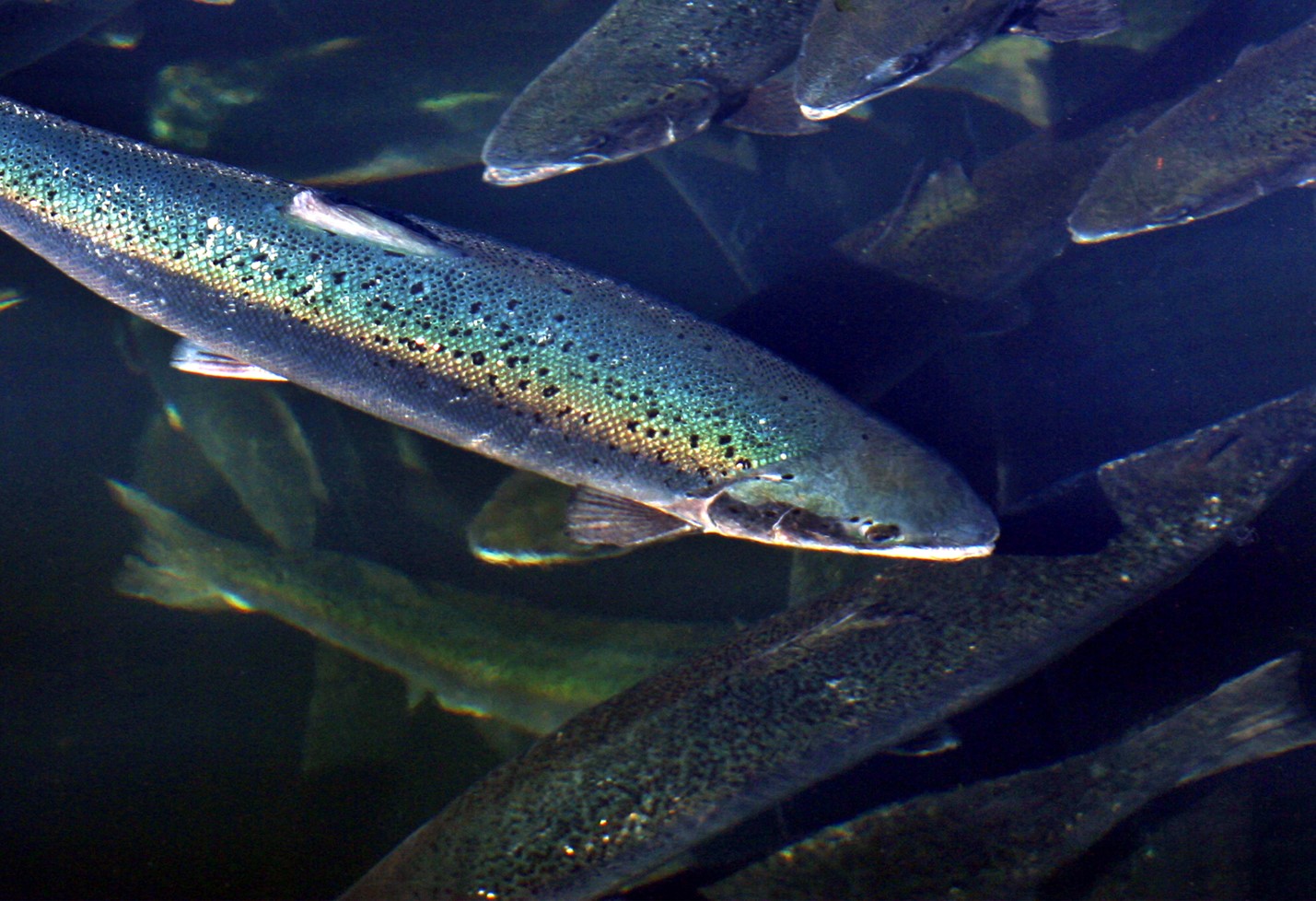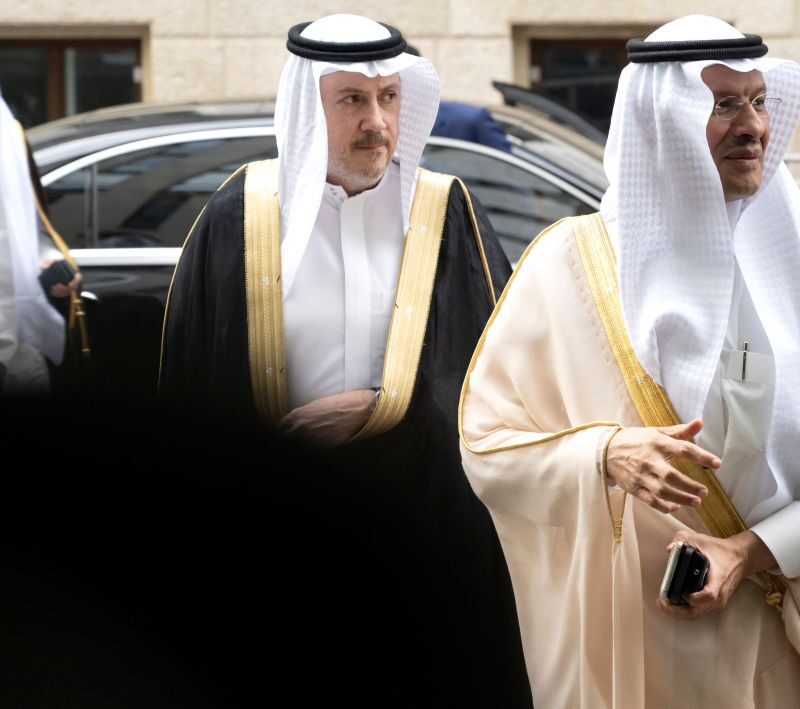
AL SEIB/LOS ANGELES TIMES VIA GETTY IMAGES
UAE’s Ocean Harvest plans salmon farming in the desert
The company with agtech roots has a new CEO, an initial fundraising target of $180 million and an ambitious blueprint
ABU DHABI, United Arab Emirates – Five years after Pure Harvest pulled in its first hydroponically grown tomato crop, setting the Abu Dhabi-based company on a path to becoming one of the Gulf’s biggest agtech firms, co-founder Robert Kupstas...



